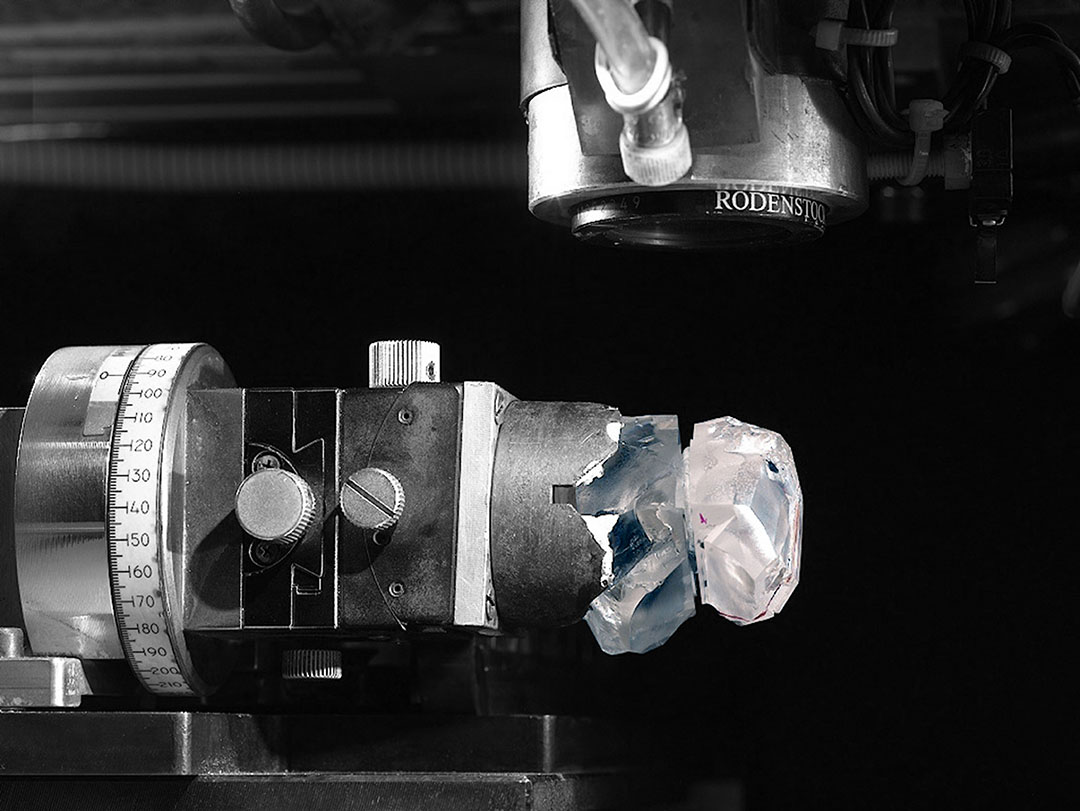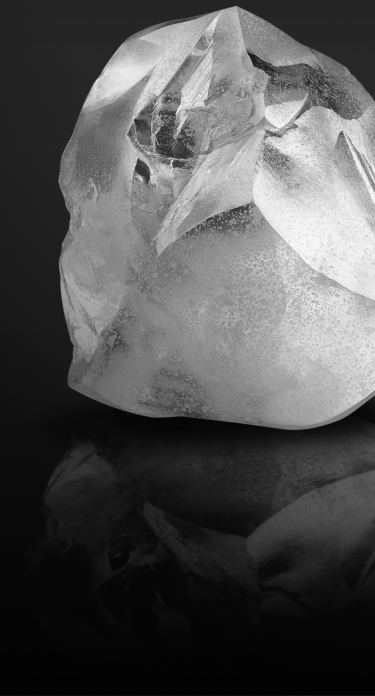Originally, the word referred to a book on the lives of saints, a collection of miracles to be read out in church. These were manifestations of the sacred, able to be held, observed, heard; the power of the divine made corporeal. It’s a meaning that’s now obsolete, but the word retains something of its original denotation of awe. To describe something as ‘legendary’ is to acknowledge that this is a wonder beyond our comprehension.
All diamonds could be considered legendary. They are, after all, a near miracle: a substance somehow both the hardest on earth and the most beautiful. Their formation is similarly mythical, some prehistoric alchemy of intense pressure and fierce heat. Remember, when you hold a diamond in your hand, lucid and perfectly brilliant, that this stone was made in the dark, deep chaos of the earth’s mantle, that it was carried by lava flows to the surface, that it was pried from the black rock, that it was cut, polished, graded by the most skilled craftsmen alive; remember that this stone has lasted a billion years, and will last for a billion more.

Of course, some diamonds are more legendary than others. Practically speaking, this is down to their rarity, a distinction conveyed by empirical attributes: an unusually large size, shape, colour or clarity. But more than that, a legendary diamond possesses some kind of indefinable quality, an essence that seems irreducible to carats or dimensions. This might best be called narrative, or history, a storied aspect that separates mere jewels from legendary diamonds.
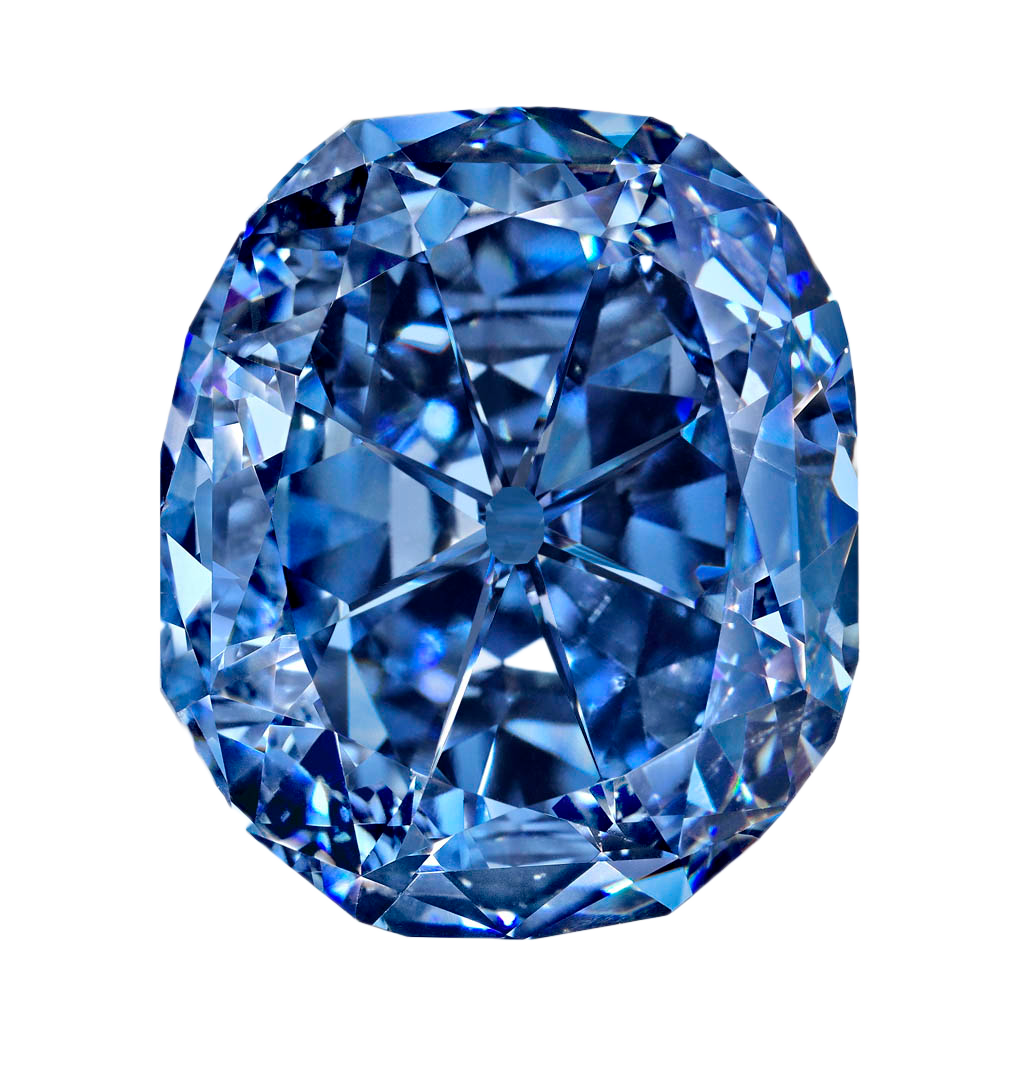
Think, for instance, of the Wittelsbach-Graff diamond, a 31.06-carat blue diamond with internally flawless clarity.
The diamond was once again sold at auction in 2008 – but this time, its buyer understood its importance. Laurence Graff – iconic jeweller and founder of the House of Graff, a luxury jeweller known for its exceptionally rare white and coloured diamonds – set out to repair the stone, re-polishing it to restore its brilliance. It was an unorthodox move – but one that yielded truly unique results. The Wittelsbach-Graff became the largest flawless, fancy deep blue, natural colour diamond ever graded by the Gemological Institute of America (GIA), cementing its status as a legendary diamond.

We get this sense – a sublimity felt, deep in the marrow, rather than observed – from another Graff diamond, the Graff Constellation. In 2008, the Light of Letseng, a rough diamond weighing an extraordinary 478 carats, was found in the Kingdom of Lesotho in South Africa.
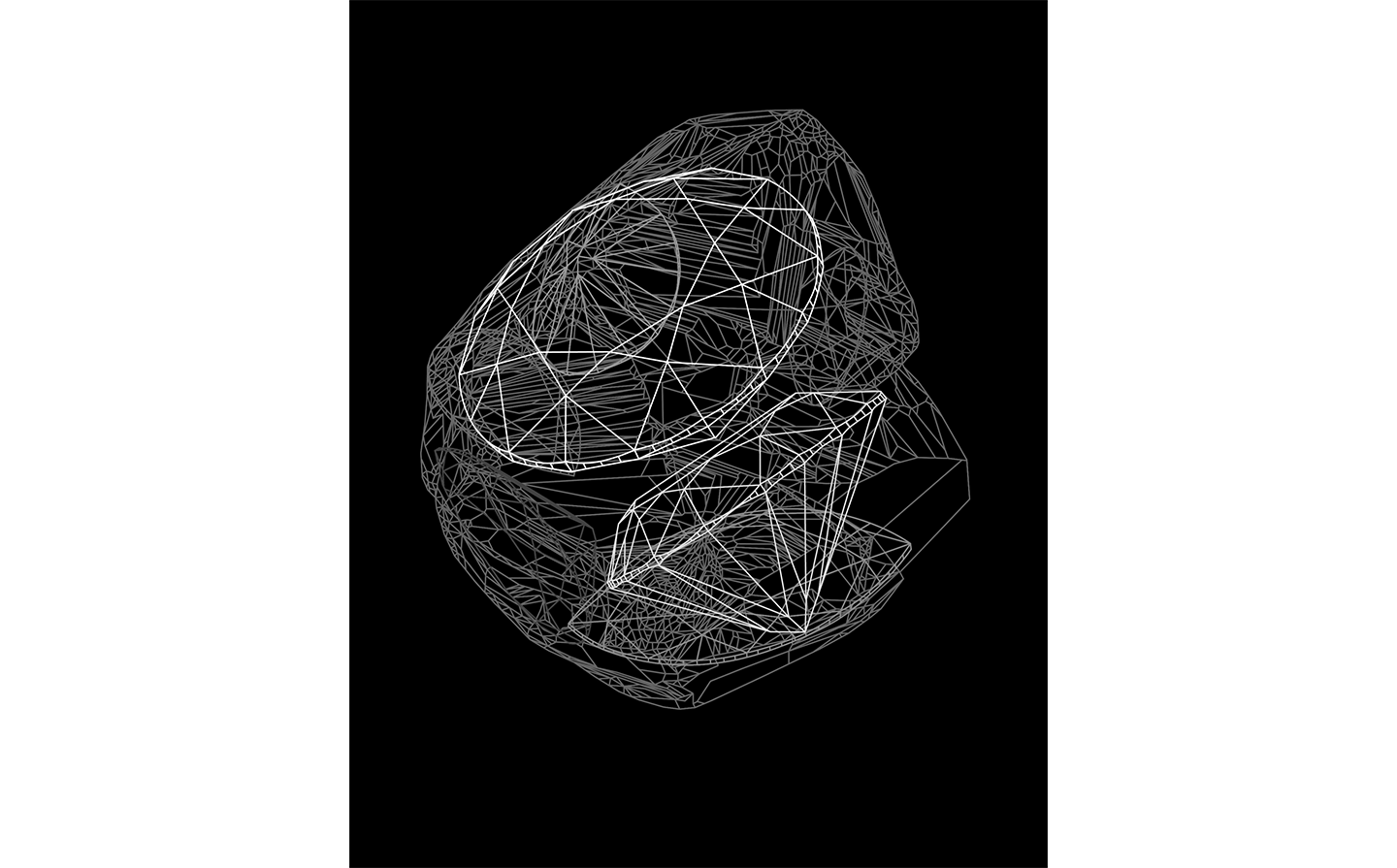
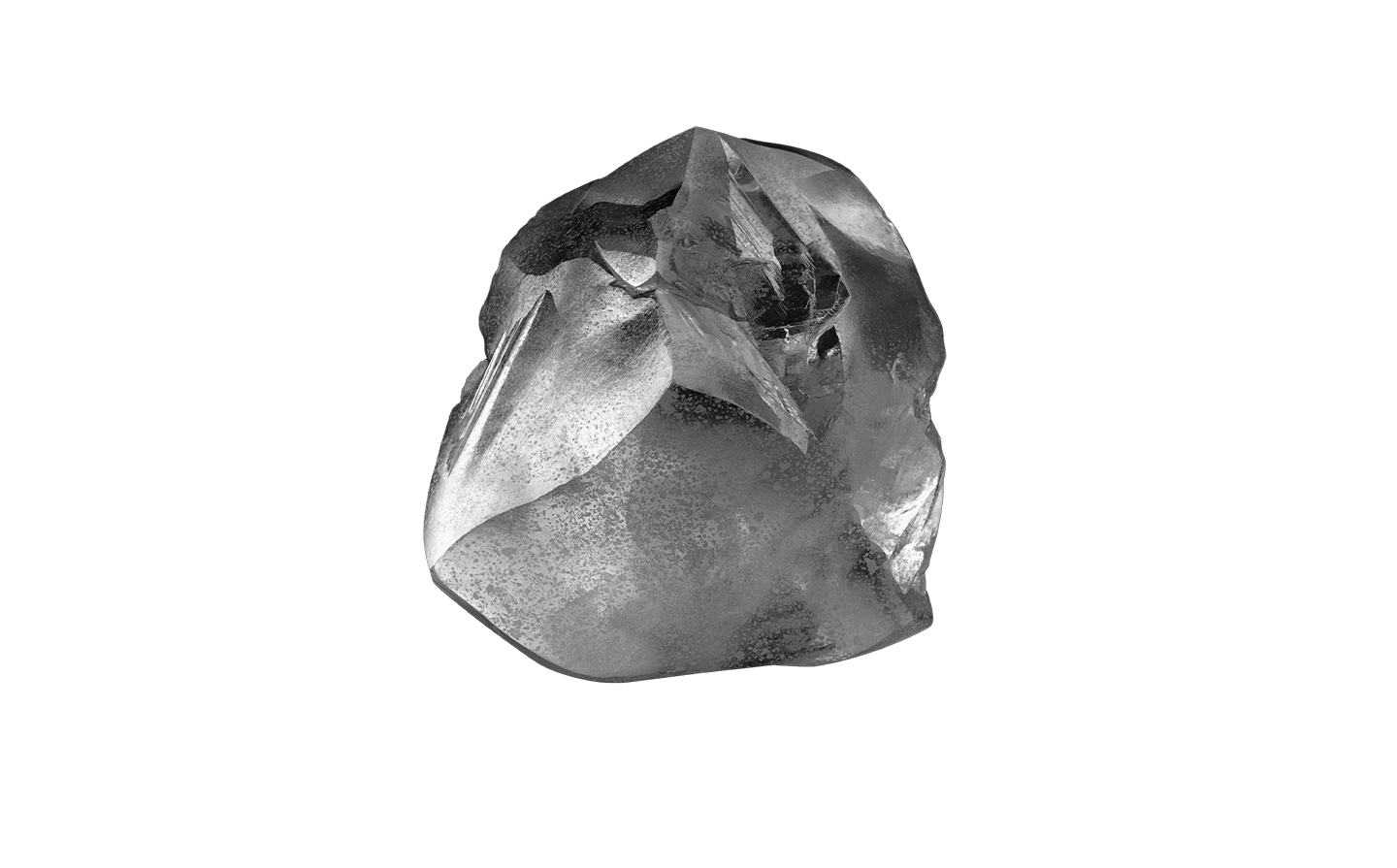
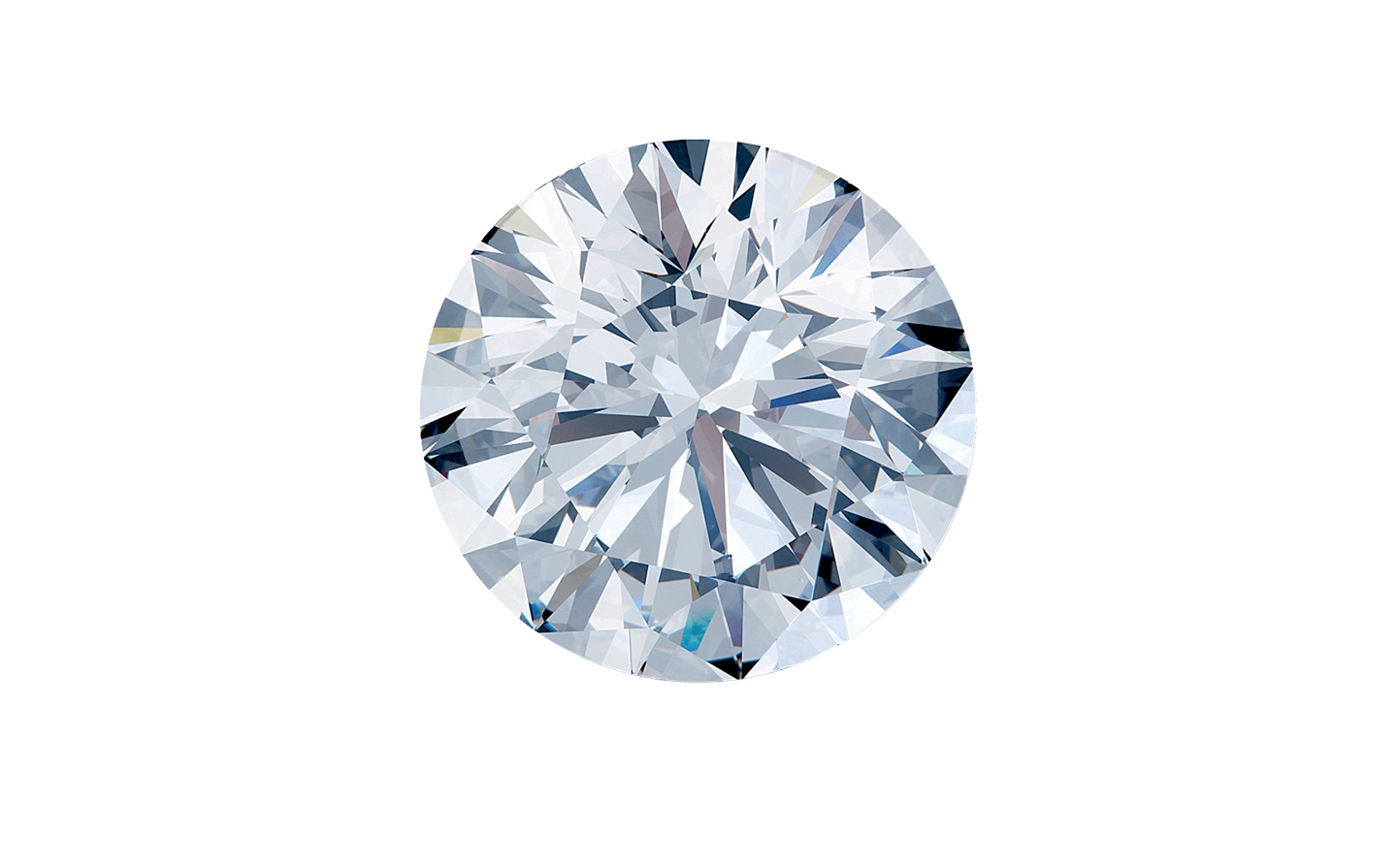
But the story of Graff’s astounding jewels doesn’t end there. In 2015, a rough diamond was found at the Lucara Karowe mine in northern Botswana weighing a jaw-dropping 1,109-carats – the second largest diamond ever discovered. When, two years later, Laurence Graff bought the rough diamond, he was aware that its promise could turn out to be illusory – despite their innate resilience, rough diamonds can be surprisingly capricious. If they contain stresses then they will be instantly destroyed by the pressure needed to extract them, rendering all the time, effort and expense spent on them for naught. And as a one-of-a-kind treasure, the Lesedi La Rona came with its own unique set of challenges: the jewels contained within sat only millimetres from each other, and to retrieve them without causing damage seemed near-impossible.
After over eighteen months of intensive polishing and scanning processes – some of them developed entirely for the diamond – the team at Graff achieved the unachievable. Using a state-of-the-art laser process, they extracted 67 exquisite diamonds, each star-bright and lucent, thrilling in their perfection. But the most incredible outcome was the principle stone: the Graff Lesedi La Rona, 57 facets, 302.37 carats, and officially the largest square emerald cut diamond in the world.
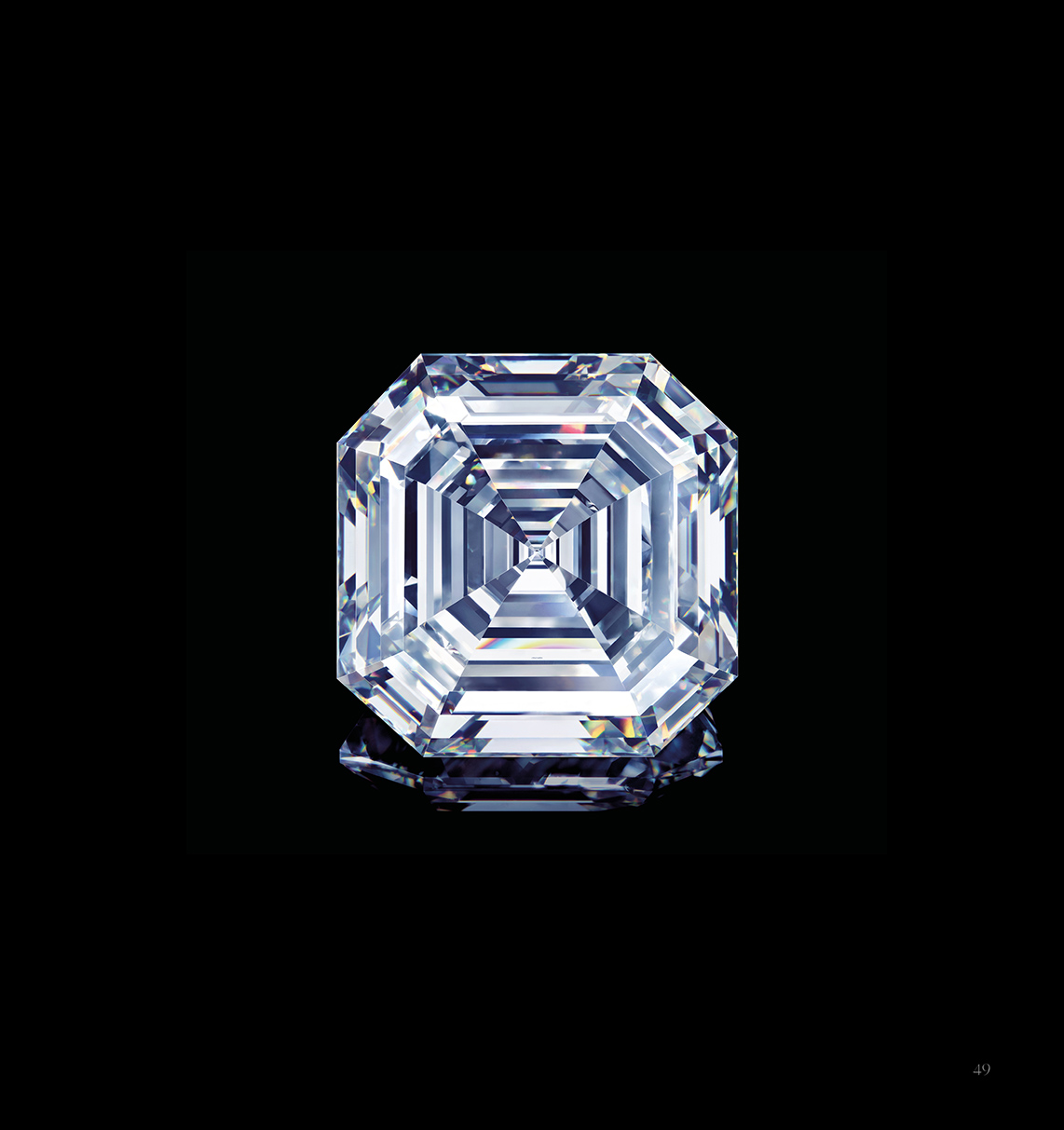
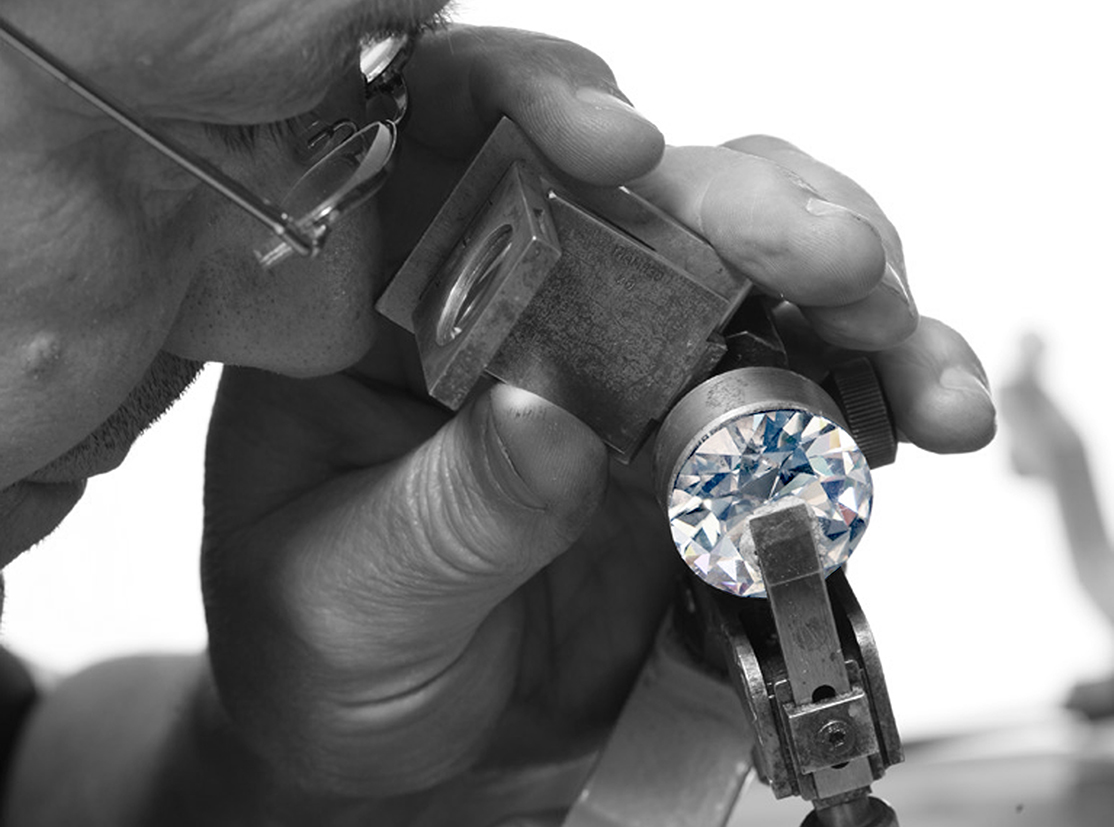
It isn’t something that’s made; it can’t be forced. It’s something more ineffable and intrinsically magical than that. It’s a journey, a history, a story of risk and effort and potential, of luck and skill and trust. For Graff, its legendary diamonds are a manifestation of this unending story of belief – one that stretches into the past, the present and the future. Looking ahead, we see more innovative technology, more incredible craftsmanship – and more mythic, incomparable diamonds.
